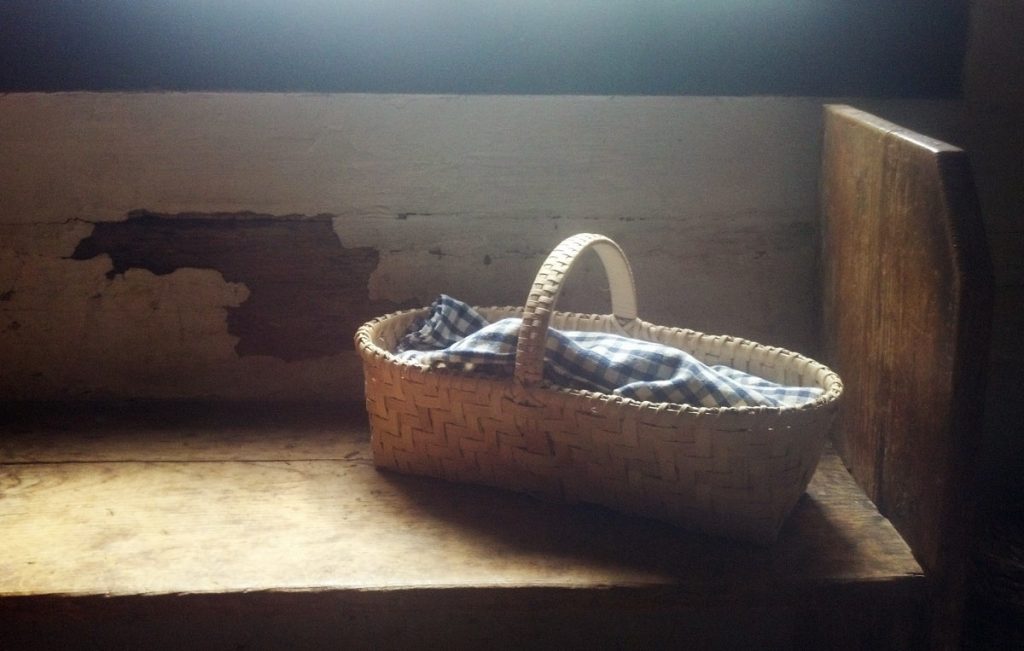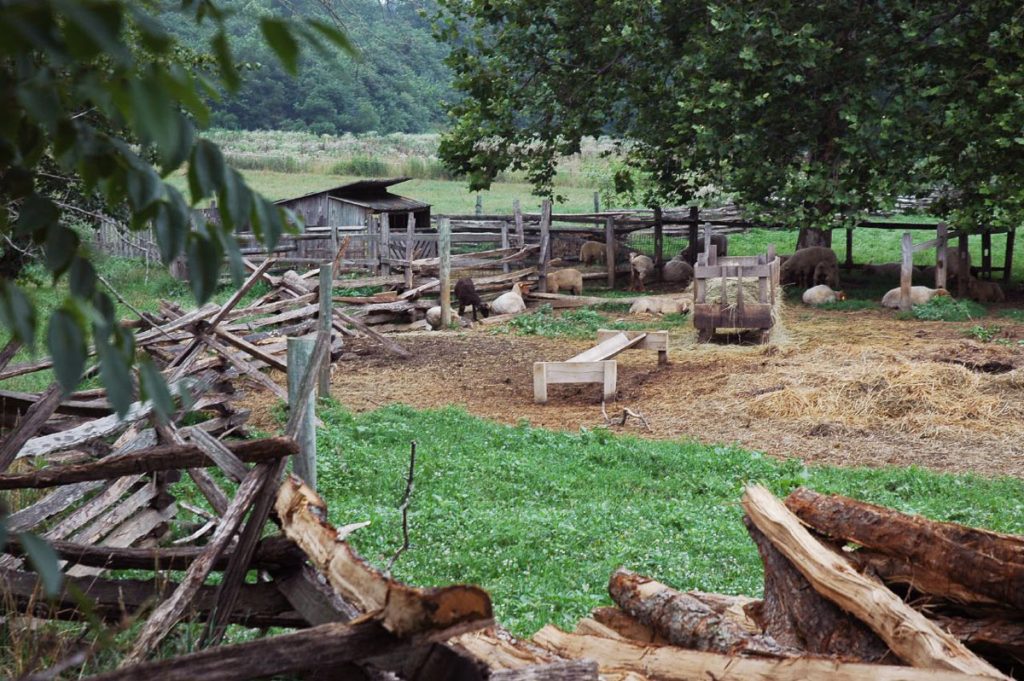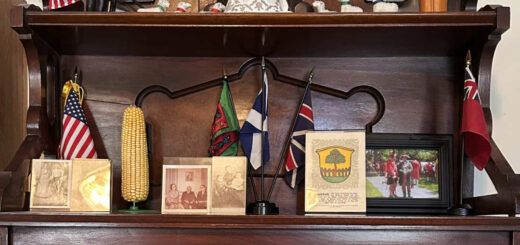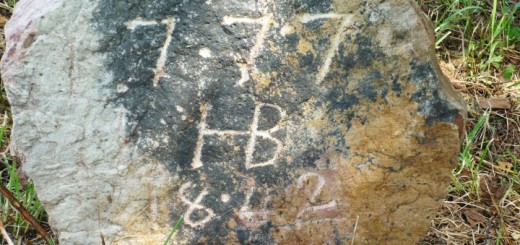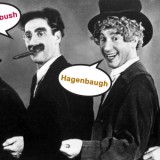The Next Morning, A Conversation with Andreas Hagenbuch: Part 3
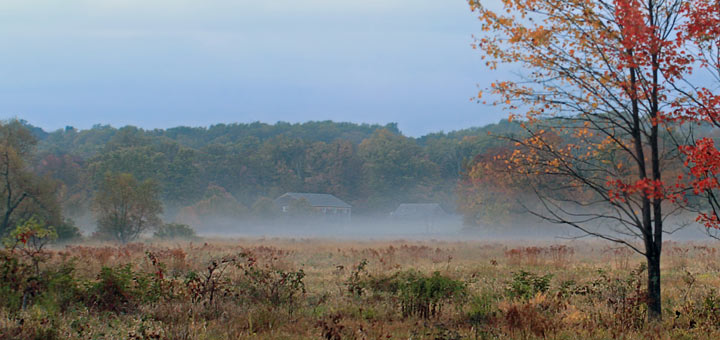
Months ago an imaginary visit and conversation with Andreas Hagenbuch was written about in two articles: Part 1 and Part 2. The visitor who interviewed Andreas one night in 1784 was John Smith, a correspondent for “The Pennsylvania Gazette.” In real life, Andreas would die the next year, 1785, at the age of 74. The imaginary conversation ended with Mr. Smith heading to bed hoping that he would continue to visit with Andreas and his family the next day. Andreas’s personality comes out during the interview, and pay special attention to personalities of others in his family, especially his son Michael.
As stated in the first conversation article, the visit and conversations are just whimsy but are based on actual facts. The visit continues as told in first person by Mr. Smith.
In the morning I descended from the upstairs to the smells of breakfast being prepared by female hands in the Kich: thick slices of warm bread and butter, a thick mush made of cornmeal, and the famous Dutch food of “pahnhaas” otherwise known as scrapple — fried crisp and served with a dark syrup and apple butter. All this washed down with hot tea, milk, and for the adults, some whiskey and water. The room was filled with bustle as the foods were placed on the large table in the Stub, the three generations of Hagenbuchs all finding seats. Then, silence, as the patriarch Andreas glanced over his family with a smile. “Gebett. Unser Vater”, and he prayed the Lord’s Prayer fervently in German.
Only then was the food passed and eaten in orderly silence. As each member of the family finished, a word or two was spoken to an elder member of the family, be it father, mother, or the grandparents, Andreas and his wife, and then they were excused (I expected to begin the work of the day).
I finished my meal and sat back to digest, with some more of the watered down whiskey. The busy work of clearing the table began, which took little time. Andreas caught my eye and said, “I will now sit by the stove to enjoy a pipe. I believe that my son Michael wishes to speak with you. Move to the Eck, sei so gut.” I had seen Michael get up earlier after having a short conversation with his father in Dutch. Michael came from the Kich where he had drawn something from the inside of a schank. He sat down in the Eck with me and I saw that it was a leather pouch with a wooden block inside as used by the military to carry cartridges for their muskets.
Michael still displayed the attitude that spoke of distrust and possibly dislike of me. However, he began to speak. “I do not know your support in our war for independence but I will speak truthful. My father shows himself as a jolly wise man. He is certainly wise but is not always jolly. He has had a hard life in this country but believes in the unification of the colonies to now form this country of America. He gave much of himself and his goods to fight against the English. But because of his age and his health, he could not fight against them like he fought against the enemies during the Indian raids thirty years ago. So, he told us, his four sons, that we were to do the fighting for him. We did. But as for me, I would rather have the English kill the English!
“My oldest brother Henry was a captain and led his men against the English and soldiers from the German states near the city of New York. He does not talk much of his experiences as he is much like my father and will appear happy but holds dark secrets close. He was captured by the enemy and spent time in a prison before he was released. He suffered much and was not well when he came home so he stayed with his tavern keeping for the remainder of the war. He has the business sense like my father. He also has a way with commanding men and has stayed active as a leader of militia in Allentown where his tavern is located.
“My two younger brothers also were in battles. Christian would talk to you about his soldiering although he, like Henry, was changed by the witnessing of horrible deaths. And well, as for our little brother John, I know that Father spoke to you about him last night. I was not asleep when he spoke of John’s problems in life. At the beginning of the conflict with the English, he was only 13 years old and because of his stubbornness with my father, he tried running away to join the army. Father stopped him, but finally when he turned 16…”
Michael turned away from me with a grimace and shook his head.
“John got away and lied his way into the army so father could not find him. We believe he was in some terrible fighting a distance from here and at the end of the war he came back. Father disciplined him very hard and sent him to live with our brother Henry. With John’s soldiering background, Henry allowed him to join the militia in the Northampton county.
“But John continues to be a problem, and father, with Henry’s help, found him a place with a tailor in Philadelphia. It is not something we talk about. Father and Mother pray for him daily and fervently that he will settle down. John and I have never been close brothers. So, my opinion…”
At that, Michael trailed off, frowned deeply and mumbled in Dutch “dunner wedder.” He completed this with, “Father has been strict with John but then forgives him like the prodigal son. Father likens me to the other brother in Jesu’s parable and tells me I am to be satisfied with inheriting all that he owns here. But, still…” Michael’s voice was gruff as he swore again.
I quickly changed this line of conversation and asked Michael what his service was against the British. The frown continued on his face as he pushed the cartridge pouch towards me. In disgust he growled, “This is what I have from my year’s service with Captain Ritter! I went because Father thought it my duty. Many of my neighbors here in the Allemangel were with me, not to their liking either. Our immediate officers were Deitsch like us so we marched and did as we were told. But, we shunned the ranking officers as they were English just like those we were fighting.”
Michael’s visage softened a bit. “But I did like seeing other areas, the rich farmland and woods, especially north of here. If I was not to inherit my father’s holdings here, I would move into the county of Northumberland. I saved this ammunition pouch, well, to remember the dislike of being a soldier. Father likes me to show it off so he can tell everyone that even his homebody son carried a musket against the enemy.”
Once again, Michael got that dark look and furrowed his brows that seemed more natural to him than ever. “John is the prodigal. Henry is the successful businessman. Christian is the happy man with various skills. I believe father knows that I will carry on his work here in the Allemangel, but he worries about the future because he knows I am not the same man he is!”
At this point, I wanted to move away from Michael Hagenbuch as he had too many opposing emotions for my liking. I turned and looked over at Andreas who was sitting by the stove still enjoying his pipe. Three of the younger members of the family were on the floor in front of him as he spoke quietly to them in Dutch, often times eliciting giggles and just as often looks of amazement from the youngsters. Suddenly, I saw that he dropped his pipe in his lap and his eyes seemed to glaze over. One of the youngsters cried out and Michael, along with Michael’s wife Eva and Andreas’s wife, rushed to his side, removed the pipe and administered to his mouth something from a bottle.
Andreas slowly seemed to come out of his daze, coughed a bit as the loving family members around him patted him on the back and spoke quietly to him. He looked at me and called me over as a chair was placed in front of him for me to sit on.
“Michael spoke to you about our war with the English?”, he asked. I replied that he did. Knowing that I had a long journey ahead of me, I thanked Andreas and glanced around the room nodding to the others in the room that still gathered around him: Michael, his wife Eva, and Andreas’s wife Maria Margaretha. In my best Dutch I also thanked them for their hospitality, “Gross dank.” Then, I turned to the old man and explained that I had to be on my way…but, I had one more thing to discuss with him.
He looked at me, and furrowed his brows a bit, much like Michael did constantly. I suddenly saw a different man: a character that could be pragmatic and hard as nails, a man in charge.
“Andreas Hagenbuch,” I began, “you are known as a very pious man. During the time that I’ve spent here with you, I have observed that to be true. You follow the Reformed Lutheran faith which is present at the church near here and your children and grand children have been baptized and confirmed according to its beliefs. You are spoken of in many circles as not only a pillar of the area but also a pillar in your faith. There are two other men who are known in this part of Pennsylvania as Christians of extraordinary faith.”
I stopped for a few moments as this sunk in and although Andreas showed some strong emotions deep inside, he controlled himself as if to show that stoicism was of most importance to him. “And, who would those men be that you ask about, du Smith?”
I softly uttered the names “Henry Muhlenberg and Daniel Schumacher.” Andreas let a small smile play across his lips but I could sense that the emotions grew even stronger within him and the other adults around stood completely still watching the patriarch of the family.
“Perhaps, Smith, you should not rush away. I believe we might have more to talk about.” He looked at his daughter-in-law Eva and said quietly, “Have another setting at the table for midday meal. Smith will enjoy the beef and sauerkraut we have planned.” And with that, Andreas Hagenbuch sat back in his rocker, lit his pipe and began with, “Parre Muhlenberg and Schumacher. They still live, I believe.”

